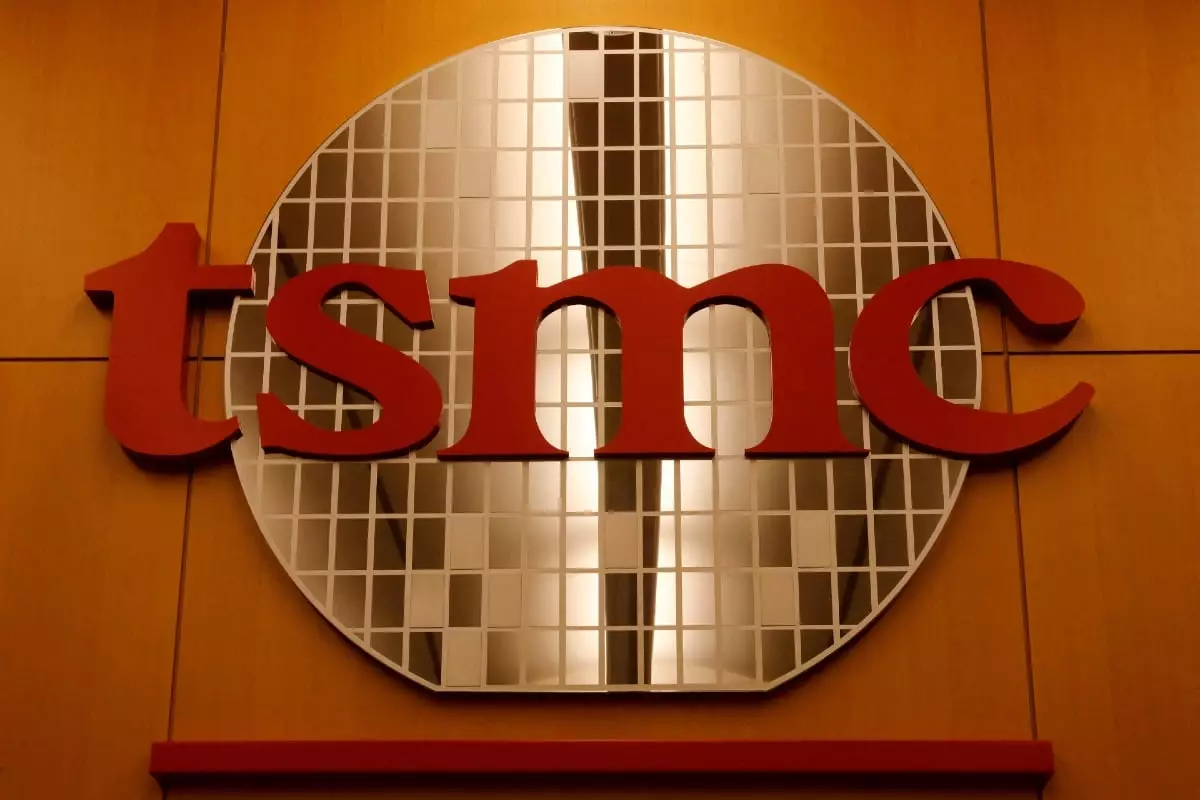The semiconductor industry remains a focal point of geopolitical tension, especially as certain companies’ operations could inadvertently support secondary actors under scrutiny for national security concerns. A recent incident involving the Taiwan Semiconductor Manufacturing Company (TSMC) and the Chinese chip designer Sophgo illustrates the complexities and risks inherent in a heavily interlinked global supply chain. This article delves into the ramifications of TSMC’s decision to suspend shipments to Sophgo, exploring the fallout, potential investigations, and the larger implications for geopolitical relations in technology.
The suspension of shipments by TSMC to Sophgo arose when a chip, allegedly manufactured by TSMC, was identified in Huawei’s Ascend 910B AI processor. While the specifics of how this occurrence transpired remain murky, it reflects a broader issue where unauthorized technology ends up in products linked to entities already under stringent export controls, primarily due to U.S. national security concerns. With Huawei being prohibited from acquiring U.S. technology since mid-2020, any breach of this restriction not only damages TSMC’s reputation but also risks entangling the Taiwanese firm in U.S.-led investigations.
Upon this discovery, TSMC proactively notified U.S. authorities, demonstrating a commitment to transparency. However, the withdrawal of shipments to Sophgo suggests a knee-jerk reaction designed to safeguard TSMC from potential backlash, as they attempt to navigate the complicated landscape of tech exports where national security allegations can escalate rapidly. Sophgo, claiming compliance with laws and distancing itself from Huawei, submitted an investigation report to TSMC in an effort to rebuff implications of wrongdoing. This move highlights the pressing need for companies operating within the semiconductor ecosystem to remain vigilant about how their products might interact with banned entities.
At the epicenter of this incident is TSMC, the world’s largest contract chip manufacturer, with significant leverage and responsibility in maintaining the integrity of global tech supply chains. Following the 2020 U.S. export restrictions, TSMC ceased supplying chips to Huawei; however, with the identification of one of their chips in the Ascend 910B, the potential for strict scrutiny looms large over them. The company’s claims of “proactive communication” with the U.S. Department of Commerce reflect its attempt to shield itself from an adverse fallout.
Sophgo’s affiliation with Bitmain, a well-known cryptocurrency mining hardware manufacturer, complicates the narrative. Bitmain and Sophgo’s bold ambition to capture market share from dominant players like Nvidia and AMD in the AI chip sector raises questions about the nature of their operations and future prospects. The storm brewing from these intertwined relationships may not only threaten Sophgo’s endeavors in AI technology but also Bitmain’s positioning in the broader semiconductor landscape.
In parallel, Huawei’s attempts to produce competitive AI products emphasize the challenges it faces under economic sanctions and export controls. The presence of TSMC chips, which were previously robustly supplied to Huawei, now serves as a painful reminder of the limitations and barriers Huawei must navigate in fostering its technological capabilities.
The Broader Impact of Export Controls on Tech Firms
This unfolding saga is indicative of a more extensive issue concerning export controls that place significant pressure on companies trying to innovate while contending with geopolitical restrictions. Tech firms across the globe are grappling with the complexities of international relations, where innovation is often at odds with national security concerns.
As firms such as TSMC tighten controls to avoid unwanted affiliations, the consequences can ripple through the supply chain, debilitating companies like Sophgo that seek to innovate responsibly. For Semiconductors, which are the backbone of modern technology, such disruptions could stifle progress and dampen overall competitiveness. Additionally, with governments tightening their grip on export regulations, companies will increasingly need to adopt a proactive approach to ensure compliance while trying to maintain growth and advancement in rapidly evolving markets.
The recent actions taken by TSMC against Sophgo unveil the complexities of maintaining integrity in a globalized market teeming with geopolitical pressures. As companies increasingly find themselves embroiled in this geopolitical chess game, the need for thorough compliance and transparent operations becomes paramount. Moving forward, the semiconductor industry will need to assess and adapt to these challenges, forging new strategies that emphasize compliance and protection without sacrificing innovation. Only time will tell how this will reshape the landscape of the semiconductor market, but one thing is sure: the stakes have never been higher.


Leave a Reply